Objectives of the Training Diploma in Family Guidance:
1. Enhance Theoretical Knowledge: Provide a strong background on theories and fundamental concepts in family guidance.
2. Develop Practical Skills: Equip participants with the practical skills needed to provide support and guidance to families.
3. Understand Family Dynamics: Teach how to analyze and understand relationships and roles within the family.
4. Enhance Effective Communication: Improve communication skills among family members and learn effective communication techniques.
5. Manage Conflicts: Provide strategies and techniques for managing and resolving family conflicts.
6. Support Mental Health: Promote the mental health and overall well-being of family members through effective guidance.
7. Provide Emotional Support: Train participants on how to offer emotional support to family members in various life situations.
Key Topics of the Training Diploma in Family Guidance:
1. Introduction to Family Guidance:
o Definition and objectives of family guidance.
o History and development of family guidance.
2. Theories and Fundamental Concepts:
o Family systems theory.
o Family roles theory.
o Family communication theory.
3. Family Assessment:
o Tools and techniques for family assessment.
o Analyzing family dynamics.
4. Family Communication Skills:
o Effective communication techniques.
o Improving active listening.
o Understanding and interpreting non-verbal messages.
5. Managing Family Conflicts:
o Strategies for conflict management.
o Conflict resolution techniques.
o Applying mediation skills.
6. Family Mental Health:
o Promoting mental health and well-being.
o Handling psychological stress and family crises.
7. Emotional Support and Guidance:
o Providing emotional support to families.
o Techniques for guidance and counseling.
8. Crisis Intervention:
o Strategies for crisis intervention.
o Dealing with domestic violence.
9. Professional Ethics in Family Guidance:
o Ethical principles in family guidance.
o Legal issues related to family guidance.
10. Practical Applications and Case Studies:
o Analyzing and discussing real case studies.
o Hands-on training and field practice.
11. Family counseling for children and adolescents:
o Child and adolescent development.
o Issues facing children and adolescents.
12. Family counseling for the elderly:
o Challenges of aging.
o Family counseling for the elderly.
13. Practical applications and case studies:
o Analyze and discuss realistic case studies.
o Practical training and field practice.
Educational Activities:
● Lectures: Provide theoretical knowledge and in-depth explanations.
● Workshops: Hands-on practice in guidance and communication skills.
● Seminars: Group discussions on specialized topics.
● Research Projects: Develop practical projects in family guidance.
● Practical Training: Opportunities to work with real families to apply learned skills.
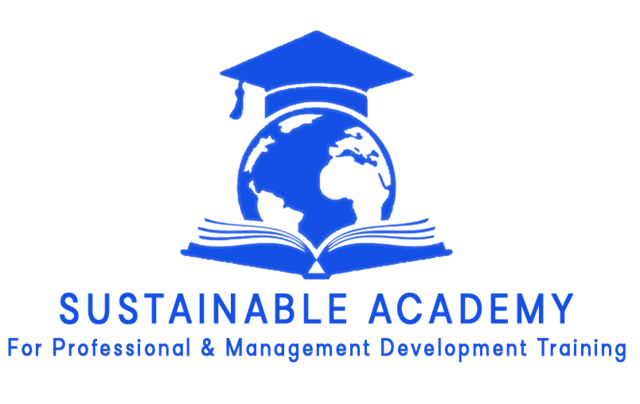
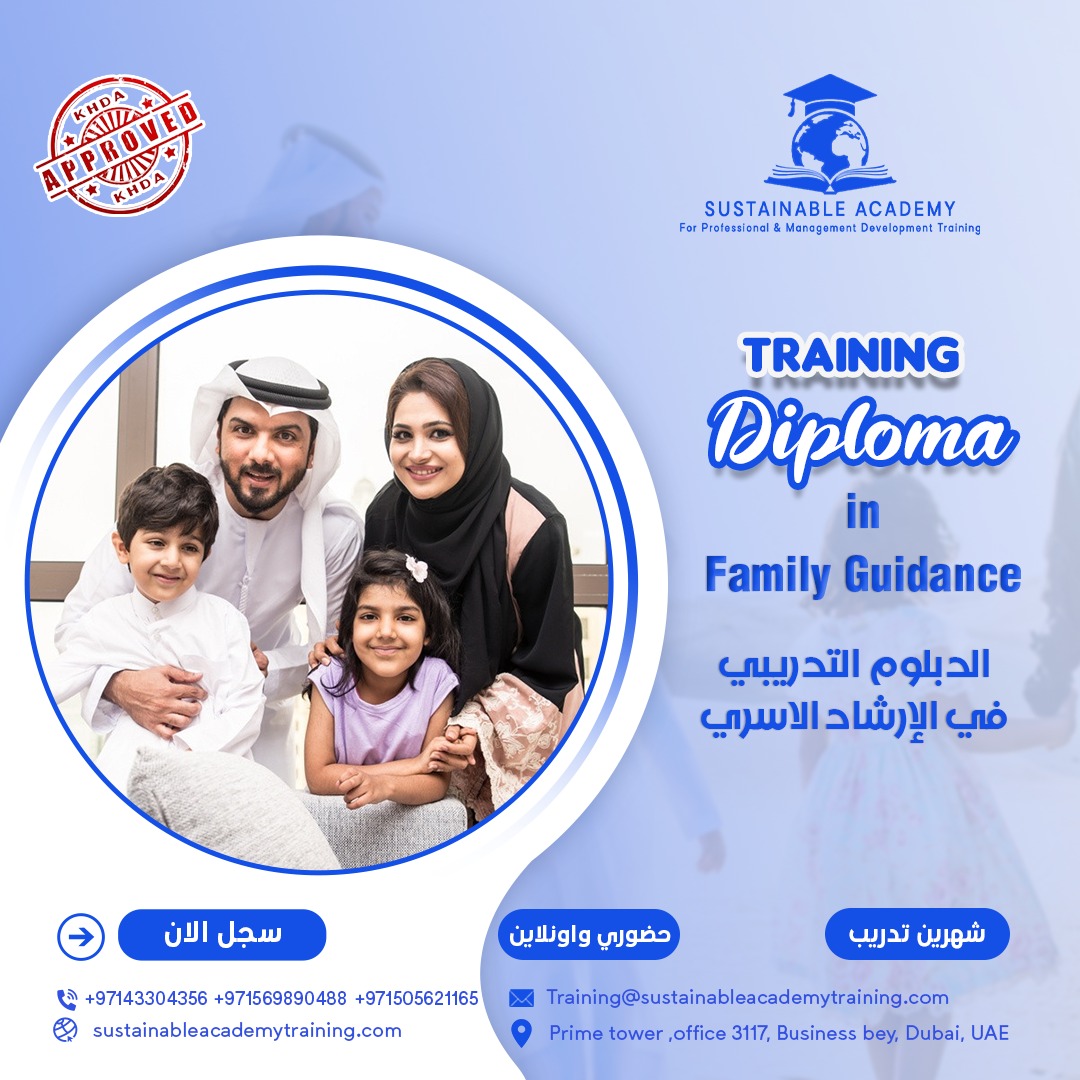
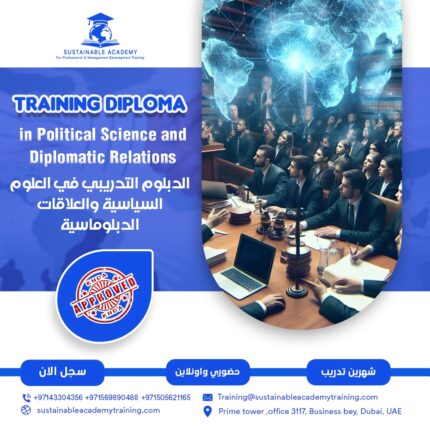
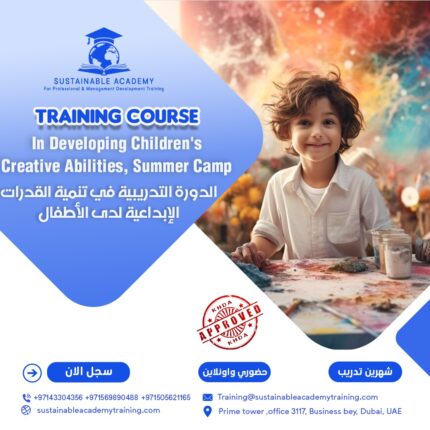
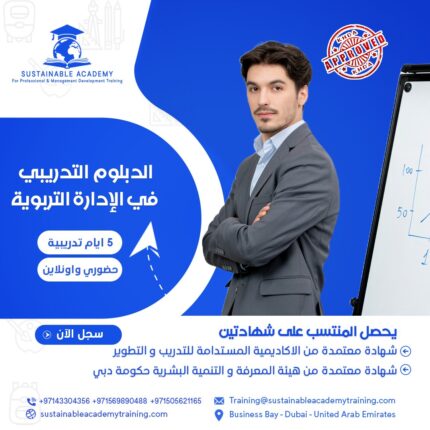
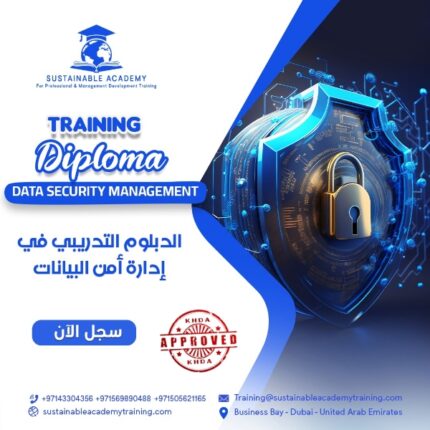
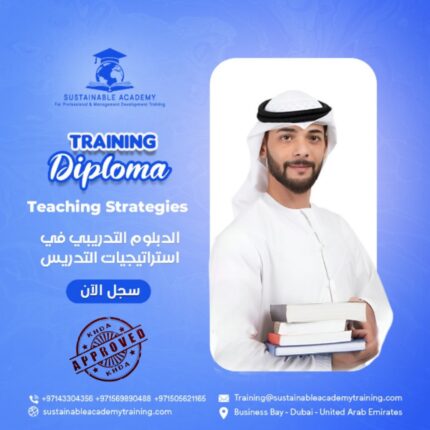
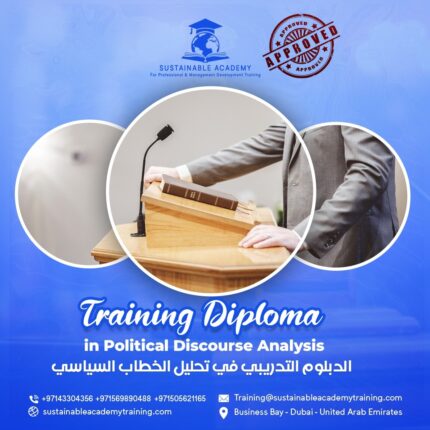
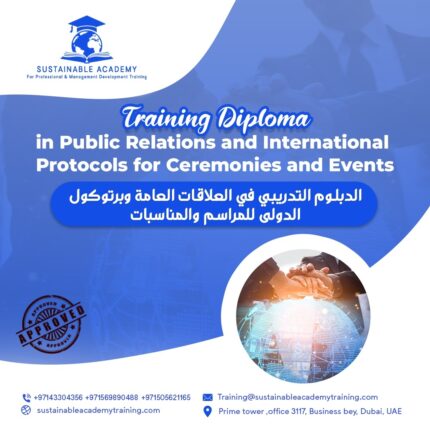
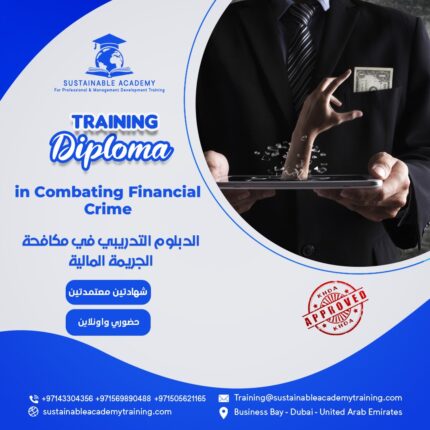
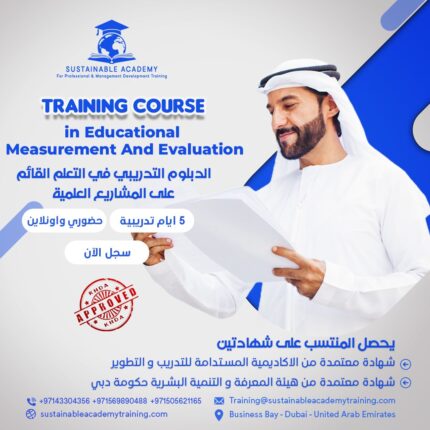
Reviews
There are no reviews yet.